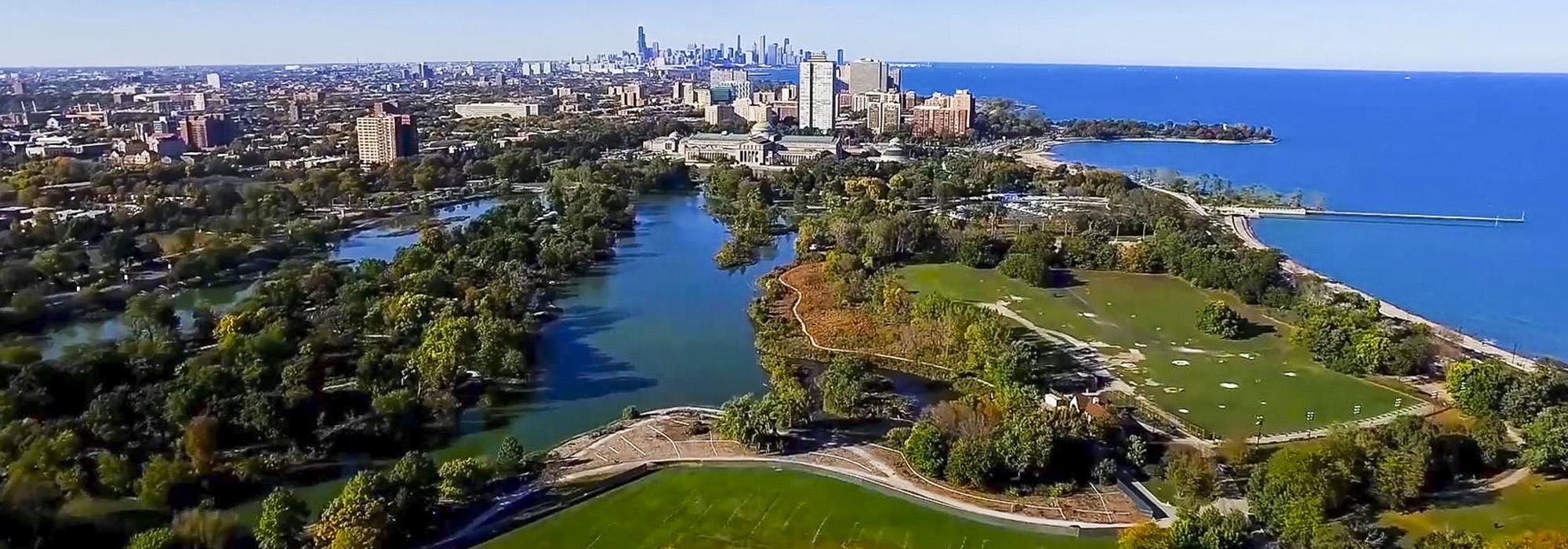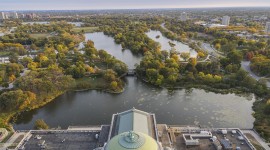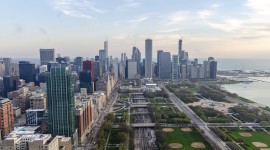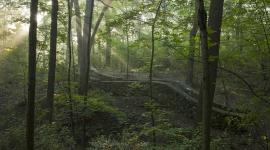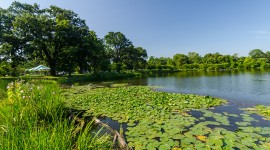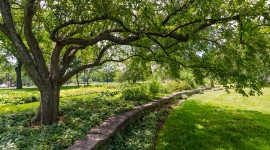Federal Review Finds Obama Center Would Have Adverse Effects
On Monday, July 29, 2019, the City of Chicago released a draft Assessment of Effects to Historic Properties (AOE) as part of the ongoing federal reviews of plans to build the Obama Presidential Center in Chicago’s Jackson Park, which was designed by Frederick Law Olmsted, Sr., and is listed in the National Register of Historic Places.
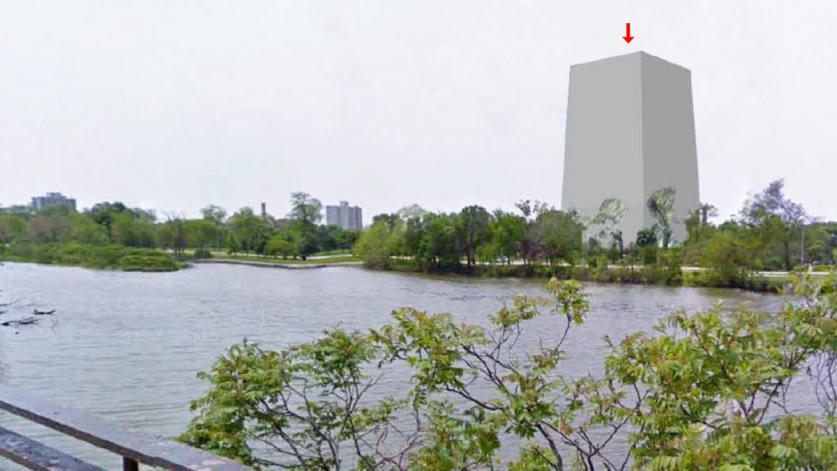
The AOE clearly states that were the Obama Presidential Center (OPC) to be built in Jackson Park as planned, it would significantly diminish the integrity of the Olmsted-designed landscape, in particular “the historic property’s integrity of design, materials, workmanship, and feeling.” And because it necessitates the relocation of recreational activities to the adjacent Midway Plaisance, the OPC would also “modify the historic character” and alter aspects of the “design, setting, and feeling” of that park, too, which is also listed in the National Register and serves as the connective tissue for the only park system designed by Olmsted and Vaux outside of New York State.
What is more, the AOE has determined that “the size and scale of new buildings within the historic district diminish the intended prominence of the Museum of Science and Industry building and alter the overall composition and design intent of balancing park scenery with specific built areas,” and that “new materials with modern functions differ from historic materials at a scale and intent that does not conform to the Secretary of the Interior’s Standards.”
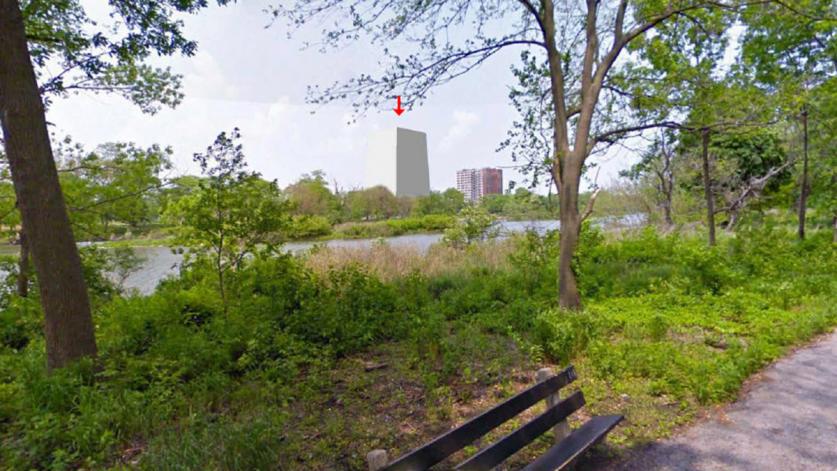
These deliberate references to the size, scale, and materials of the planned presidential campus should signal to any seasoned participant in Section 106 reviews that the overall design of the OPC has been deemed wholly incompatible with the historic design of Jackson Park, and that, therefore, piecemeal gestures to simply mitigate its adverse effects will not be sufficient to satisfy the consulting parties or the provisions of the National Historic Preservation Act.
It will now be up to consulting parties “to develop and evaluate alternatives or modifications to the undertaking that could avoid, minimize or mitigate adverse effects on historic properties.” Comments from consulting parties on the first draft of the Assessment of Effects are due to the City of Chicago by August 30, 2019.
Meanwhile, the advocacy group Protect Our Parks has announced that renowned legal scholar Richard Epstein will lead its appeal, alongside co-counsel Michael Rachlis, of Judge John R. Blakey’s June 11 decision, which dismissed the lawsuit seeking to block construction of the OPC in Jackson Park. An emeritus law professor at the University of Chicago with appointments at New York University and the Hoover Institution, Epstein offered his services pro bono. He is one of the most-cited legal scholars of the twentieth century. Epstein earlier told the Hyde Park Herald that the OPC would be better located at a site adjacent to Washington Park, to the west, saying that there is “an overwhelmingly powerful case that it offers at least as good if not a better location for the city.”



